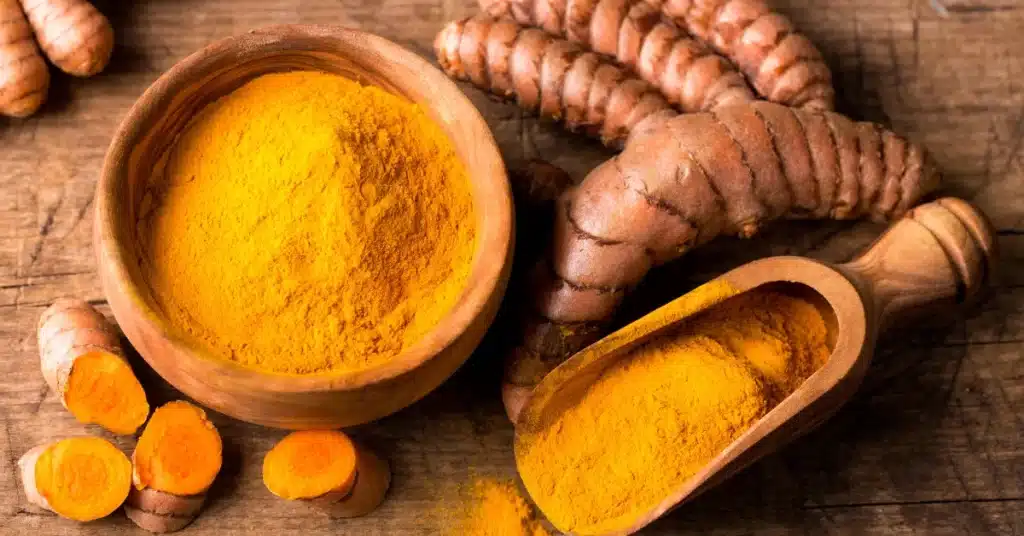Natural Remedies for PID: A Holistic Approach to Healing
Pelvic Inflammatory Disease can have a significant impact on a woman’s quality of life, causing pain, discomfort, and potential complications if left untreated.
While conventional treatment for PID often involves antibiotics prescribed by a healthcare professional, some women may seek natural remedies to complement their treatment or alleviate symptoms.
Natural remedies can complement conventional treatments by reducing inflammation, supporting the immune system, and promoting overall healing.
This article will explore various natural remedies for PID.
Natural remedies for PID
Here, we’ll explore some natural remedies for Pelvic Inflammatory Disease that may offer relief from PID symptoms and promote healing.
Probiotics
Probiotics are beneficial bacteria that can help restore the balance of the vaginal microbiome, which plays a crucial role in maintaining vaginal health and preventing infections.
Lactobacillus species, in particular, are known to inhibit the growth of harmful bacteria associated with PID.
Consuming probiotic-rich foods such as yogurt, kefir, sauerkraut, and kimchi, or taking probiotic supplements, may help support the body’s natural defense mechanisms against PID.
Herbal supplements

Several herbs have been traditionally used to treat Pelvic Inflammatory Disease due to their anti-inflammatory and antimicrobial properties.
Examples include:
- Turmeric: Curcumin, the active compound in turmeric, has potent anti-inflammatory properties and may help reduce inflammation in the pelvic region
- Garlic: Garlic is known for its antimicrobial properties and may help combat bacterial infections associated with PID. Consuming raw garlic or taking garlic supplements may support the body’s immune response
- Echinacea: Echinacea is an immune-boosting herb that may help the body fight off infections
Pelvic massage
Pelvic massage, also known as abdominal or fertility massage, involves gentle manipulation of the abdominal and pelvic area to promote circulation, reduce inflammation, and relieve pelvic congestion.
This technique may help alleviate symptoms such as pelvic pain and discomfort associated with PID.
It’s essential to seek guidance from a trained massage therapist or healthcare provider experienced in pelvic massage techniques.
Warm compresses
Applying warm compresses to the lower abdomen can help relax the pelvic muscles, improve blood flow, and reduce pain and discomfort associated with PID.
Simply soak a clean cloth in warm water, wring out excess moisture, and place it on the lower abdomen for 10-15 minutes at a time and repeat as needed for relief.
Acupuncture
Acupuncture works in treating PID through several mechanisms.
It improves blood circulation, enhances cell membrane permeability, and increases inflammation absorption, thus treating PID.
Acupuncture boosts immunity by stimulating certain acupoints, preventing PID and aiding recovery.
It addresses persistent lower abdominal pain associated with PID.
Dietary modifications

Making dietary changes can support overall health and promote healing from Pelvic Inflammatory Disease.
Focus on consuming a balanced diet rich in fruits, vegetables, whole grains, lean proteins, and healthy fats.
Copper intake can aid in the fight against PID, which may contribute to its regulatory role in inflammation.
Copper is abundant in protein-rich foods such as organ meats, shellfish, fish, nuts, seeds, whole grains, and chocolate.
The body absorbs more copper when the diet lacks copper and absorbs less when the body already has enough.
Limiting processed foods, refined sugars, and caffeine may help reduce inflammation and support immune function.
Additionally, staying hydrated by drinking plenty of water is essential for flushing out toxins and promoting healing.
Stress management
Chronic stress can weaken the immune system and exacerbate inflammation, making it harder for the body to fight off infections like PID.
Incorporating stress-reducing techniques such as meditation, deep breathing exercises, yoga, or tai chi into your daily routine. It can help promote relaxation, improve immune function, and support overall well-being.
Read “PID Antibiotics: Choosing the Right Treatment Approach” for concise guidance on selecting effective antibiotic therapy for pelvic inflammatory disease.
This comprehensive resource provides essential insights into optimal treatment strategies, aiding healthcare professionals in delivering tailored care for patients with PID.
Conclusion
While Pelvic Inflammatory Disease requires prompt medical treatment, natural remedies for PID can play a supportive role in managing symptoms and promoting overall reproductive health.
Probiotics, herbal supplements like turmeric and garlic, pelvic massage, warm compresses, dietary modifications, acupuncture, and stress management techniques can all contribute to symptom relief and support the body’s natural healing processes.
Consulting with a healthcare provider is essential to ensure the safe and effective integration of these natural remedies into the treatment plan.
By addressing both the physical and emotional aspects of PID, women can improve their quality of life and promote long-term reproductive health.
Frequently Asked Questions
Can natural remedies cure PID?
While natural remedies can complement conventional treatments and alleviate PID symptoms, they may not cure the condition entirely. It’s essential to consult healthcare professionals for a comprehensive evaluation and personalized treatment plans.
Are there any dietary restrictions for individuals with PID?
While there are no specific dietary restrictions for individuals with PID, opting for a nutrient-rich diet can support immune function and promote pelvic health. Incorporating anti-inflammatory foods and staying hydrated can aid in PID management.
Is PID contagious?
PID is not contagious, but the underlying infections that contribute to PID, such as Sexually Transmitted Infections (STIs), can be transmitted through sexual contact. Practicing safe sex and undergoing regular STI screenings can help prevent PID and its complications.
How can I prevent PID recurrence?
Practicing safe sex, using barrier methods of contraception, limiting sexual partners, avoiding douching, and maintaining good hygiene can help prevent recurrent episodes of PID. Regular screenings for STIs and seeking prompt treatment for any genital infections are also essential.
WowRx uses only high-quality sources while writing our articles. Please read our content information policy to know more about how we keep our content reliable and trustworthy.






